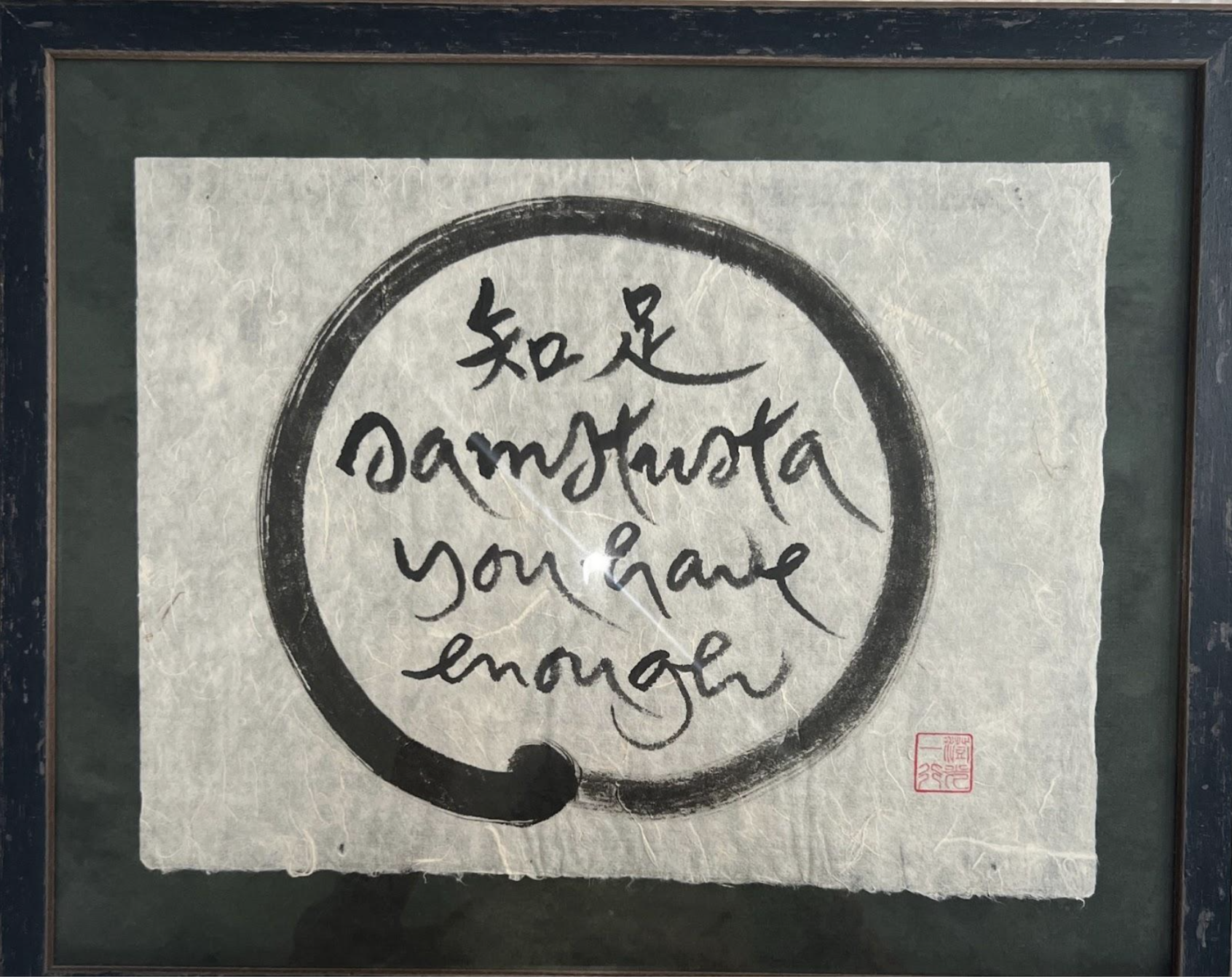Dear friends,
This week, we will meet Monday evening, May 12th, from 7-8:30PM EDT online; Wednesday morning, May 14th, from 7-8AM EDT in person at our meditation space (3812 Northampton Street NW); and Friday, May 16th, 12-1PM EST online.
On Monday night, Camille will facilitate, and we will continue to explore the Buddhist sutra on the Eight Realizations of Great Beings. According to the podcast, The Way Out Is In, Thich Nhat Hanh (Thay) says that using the realizations as practical tools in our daily life can help us generate more understanding and compassion in our bodies, thoughts, perceptions, minds, and motivations.
Each of these realizations builds on the previous one. This week, we will focus on the Third Realization: “The awareness that the human mind is always searching outside of itself and never feels fulfilled. This brings about unwholesome activity.”



















